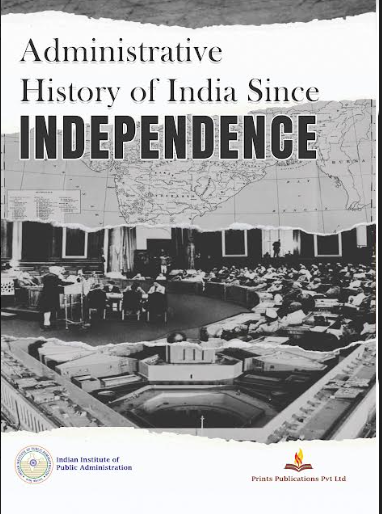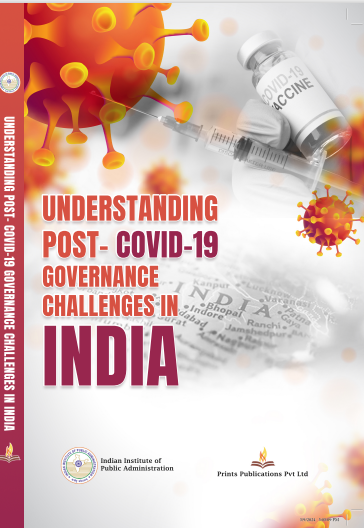| Publisher | Prints Publications Pvt Ltd |
| Publication Year | 2025 |
| ISBN-13 | 9789366974927 |
| Binding | Paper back |
| Number of Pages | 213 Pages |
| Language | English |
| Dimension (Inches) | 6.5"*9.5" |
| Weight (Grams) | 392 |
| Subject | Public Administration |
| Category | Government & Politics |
CONTENTS
SECTION- A
ARTIFICIAL INTELLIGENCE AND GOVERNANCE 1-50
1. The Overview of Artificial Intelligence 3
1.1 Introduction to AI Governance
1.2 The Intersection of AI and Governance in India
1.3 AI in Governance: Opportunity and Challenges
1.4 Historical Context: Evolution of AI in Public Administration
1.5 Key Stakeholders in AI-driven Governance
SECTION-B
APPLICATION OF AI 51-166
2. Application of AI in Governance 53
2.1 AI for Data-Driven Decision-Making and Governance
2.2 Usability of AI in HealthCare Sector
2.3 Usability of AI in Agriculture Sector
2.4 Usability of AI in Education Sector
2.5 Usability of AI in Judiciary
2.6 Usability of AI in Economy Sector
2.7 Usability of AI in Climate Change (Weather)
2.8 Usability of AI in Policing
2.9 AI for Traffic Management in India
2.10 AI for Anti Human Trafficking (Missing Child)
2.11 Usability of AI in CyberSecurity
2.12 Usability of AI in Better Surveillance
2.13 AI and People with Disabilities: Opportunities and Challenges
3. AI in Policy-Making and Decision Support Systems 148
4. Automation of Public Services and Operations 154
5. AI for Smart Cities and Infrastructure Management 160
SECTION-C
ETHICAL AND LEGAL FEATURES CONSIDERATIONS 167-209
6. Ethical Concerns: Fairness, Accountability, and Transparency in AI 169
7. Legal Frameworks Governing AI in Public Administration 175
8. AI in Governance: Risks and Challenges 180
9. The Role of Public Trust in AI Adoption 184
10. AI Governance: Regulatory Standards and International Cooperation 188
11. Future Prospects: AI’s Potential for Transforming Governance 193
Free AI Tools for Various Tasks 199
12. Conclusion: AI as a Tool for Good Governance 204
Abbreviations 210-211
About Editor and Authors 212-213
Products related to this item

Best Prices
100% money back

Fast Shipping
Orders over $500

Buyers Protection
Loreum Ipsum Text

Live Support
24/7 Help & Support























